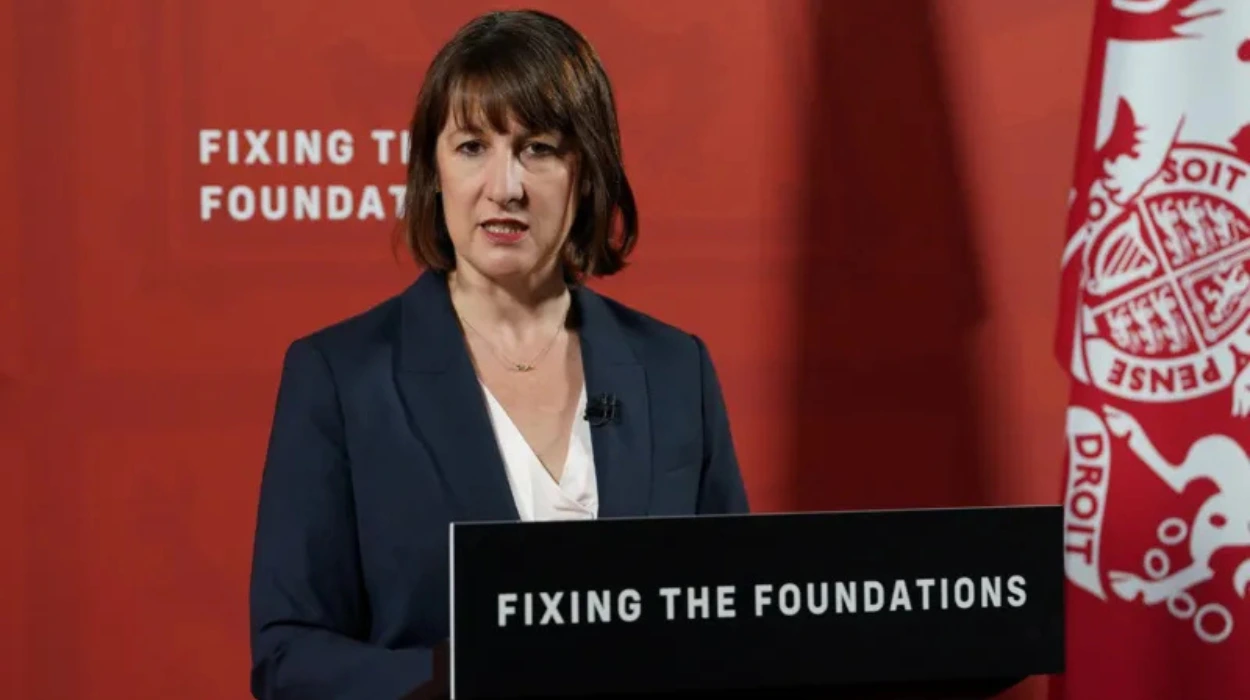Chancellor Rachel Reeves is currently facing significant scrutiny regarding the appointment of Ian Corfield, a notable Labour Party donor, to a senior position within the Treasury. Corfield, a former banker, was reportedly brought in to assist with the upcoming international investment summit scheduled for October. His appointment has raised eyebrows, particularly given his history of political donations, including £20,000 to various Labour MPs, with a recent contribution of £5,000 to Reeves herself in July 2023.
Background on Ian Corfield’s Appointment
Corfield’s role at the Treasury is understood to be on a fixed-term contract, described by sources as “very limited.” His LinkedIn profile indicates that he began this contract in July, although the exact duration remains unclear. The appointment process has drawn criticism, especially from Conservative shadow Treasury chief secretary Laura Trott, who has characterized it as “hypocrisy off the scale” from the Labour Party. She has raised questions about the involvement of Reeves in Corfield’s appointment and whether it adheres to the principles of political impartiality traditionally upheld within civil service roles.
Allegations of Cronyism
This situation echoes previous accusations made by Labour when they were in opposition, where they often criticized the Conservative government for alleged cronyism in appointing political allies to public offices. Trott’s concerns are compounded by reports that the Treasury did not inform the Civil Service Commission of Corfield’s donation history. In her communications with James Bowler, the Treasury’s top civil servant, Trott inquired whether the commission was aware of these donations and if any potential conflicts of interest were considered during the appointment process.
Ministerial Code and Appointment Procedures
The Ministerial Code outlines that ministers must ensure no conflicts arise between their public duties and private interests. This includes ensuring transparency when a candidate has made significant donations to a political party within the last five years. The rules regarding civil service appointments allow for exceptions in certain situations, such as urgent recruitment needs, which was the justification provided for Corfield’s appointment. However, the frequent granting of these exceptions—over 100 times in the past year—has sparked concerns about the integrity of the civil service.
A spokesperson from the Civil Service Commission stated that this temporary appointment was approved to quickly bring relevant skills into the Treasury for a limited time. Despite this, there remains a lack of clarity regarding how such appointments align with the ethical standards expected of civil servants.
Broader Implications
This controversy is not merely an isolated incident; it highlights ongoing concerns about political funding and its influence on governance in the UK. The Labour Party, now in power, is being closely watched for its adherence to the principles it once championed while in opposition. The situation could also have broader implications for public trust in the Labour government, particularly if perceived as betraying its commitment to transparency and integrity.
Jack Worlidge from the Institute for Government noted that this case “exposes the gaps” in the rules surrounding civil service appointments, suggesting a need for clearer guidelines to prevent potential conflicts of interest in the future. He also mentioned Labour’s commitment to establishing an ethics and integrity commission as a potential avenue for addressing these issues.
Public Reaction and Future Considerations
Public reaction to Corfield’s appointment has been mixed, with some expressing concern about the potential for favouritism within government positions. Critics argue that such appointments undermine the credibility of the civil service and could lead to public disillusionment with the political system.
As the situation develops, it will be crucial for the Labour government to communicate transparently with the public about the steps taken to ensure integrity in public service appointments. This includes clarifying how they plan to address concerns over cronyism and reinforce the importance of impartiality within the civil service.
In conclusion, as Chancellor Rachel Reeves navigates this challenging political landscape, the Labour Party’s handling of Ian Corfield’s appointment will serve as a litmus test for its commitment to ethical governance. The implications of this situation extend beyond the immediate controversy, potentially affecting the party’s long-term credibility and public trust. As debates around political donations and appointments continue, it remains to be seen how Labour will address these critical issues in the coming months.


